Home > Coding Respiratory Syncytial Virus (RSV)
Coding Respiratory Syncytial Virus (RSV)
Respiratory syncytial virus, or RSV, is a common respiratory virus that causes mild, cold-like symptoms according to the CDC. It is the most common cause of bronchiolitis (inflammation of the small airways in the lung) and pneumonia (infection of the lungs) in children younger than 1 year of age in the US. Interestingly RSV is so common that most children have been infected with the virus by age 2. Respiratory syncytial virus can also occur in older children and adults. Symptoms are usually mild and typically mimic the common cold.
RSV can cause a severe infection in individuals with a weak immune system, premature infants, older adults, or patients that have heart and lung disease. Mild symptoms can include but are not limited to sore throat, low-grade fever, headache, dry cough, and congested or runny nose. In more severe cases, patients can see severe cough, wheezing fever, or rapid/difficulty breathing. A severe case of RSV can take one to two weeks to recover.



